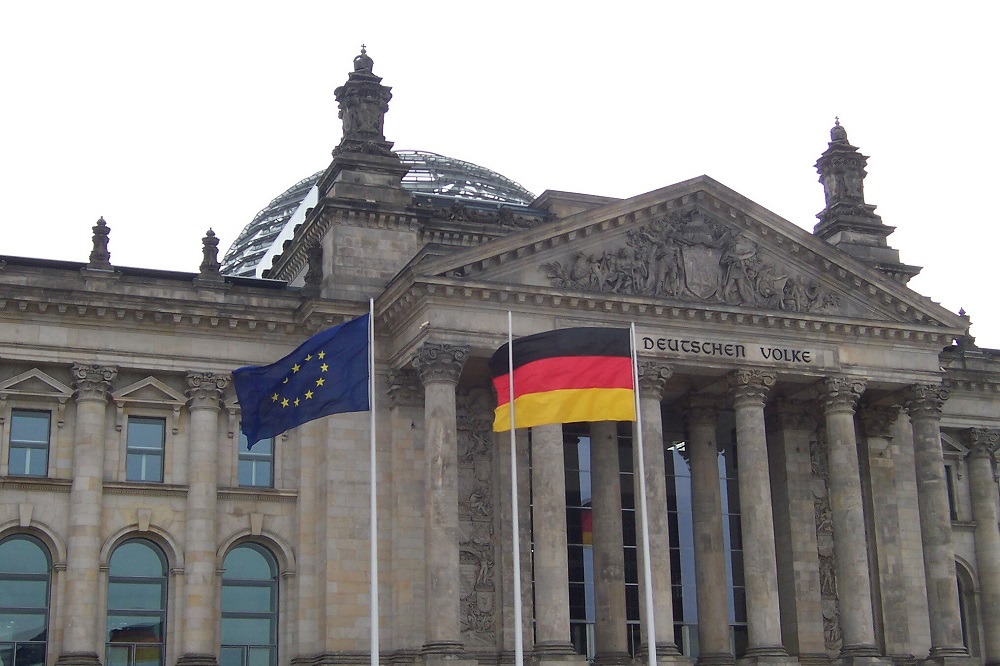«Japan, Saudi-Arabia, Norway – more and more countries rely on raw materials from the deep sea. Germany can’t escape this trend.”
The Federation of German Industries (BDI) has published a report urging the German government to actively support the International Seabed Authority (ISA) in developing a mining code. This code will establish the regulations and framework for allowing companies to apply for exploitation licenses in areas managed by the ISA (i.e. international waters).
“Germany should help shape the mining code in line with its interests, instead of continuing to call for a precautionary pause. With innovative and environmentally friendly extraction systems, German industry can position itself as an important technology partner for marine raw materials projects”, the authors write.
The Federation of German Industries (BDI) emphasizes the increasing demand for critical raw materials and the effects of export restrictions driven by geopolitical motivations. Consequently, the BDI asserts that deep-sea mining may be essential for German industry to secure and diversify its supply of raw materials. The report highlights Germany’s significant reliance on the importation of metal-based raw materials.
The BDI represents 39 industrial sector associations including the German Association of the Automotive Industry.
The report focuses on manganese nodules, specifically referencing the world’s largest nodule field, the Clarion Clipperton Zone (CCZ). This area is managed by the International Seabed Authority (ISA). The authors point out that the CCZ contains high concentrations of copper, nickel, and cobalt, making these nodules vital as a potential future resource. According to the report, the estimated total amount of nodules in the CCZ ranges from 25 to 40 billion tons (wet weight).
Germany is already involved in marine minerals as a member of the ISA. Since 2006, the Federal Institute for Geosciences and Natural Resources (BGR) has been exploring a licensed area of the Clarion-Clipperton Zone (CCZ). Additionally, BGR holds a license for sulfide exploration in the Indian Ocean.
However, once the ISA mining code is finalized, Germany may not proceed with extraction under its licenses. In 2022, the German government announced its support for a moratorium – a pause – on deep-sea mining.
The goal must continue to be to make raw material extraction in the deep sea minimally invasive. To this end, it is important that Germany and the EU actively and quickly take every further step towards formulating and adopting the «Mining Code» and intensifying environmental research. Instead of a precautionary pause or a moratorium, pilot operations should therefore begin as soon as possible. This will enable important data on the impact on the deep-sea ecosystem to be collected and appropriate limits to be defined for responsible extraction of raw materials in the deep sea”, the authors write.
The authors emphasize the need for a clear German stance on deep-sea mining, as several countries, like Norway, are actively pursuing mineral activities within their exclusive economic zones. This presents significant opportunities for bilateral cooperation.
In conclusion, the BDI report expresses support for deep-sea mining, asserting that the potential benefits outweigh the associated risks.
“When a «Mining Code» is adopted in 2025, Germany should also create the conditions for mining to begin in its area in the Pacific. This requires a clear signal from the federal government.”
Deep Sea Minerals 2025
01 – 03 April 2025
Bergen

